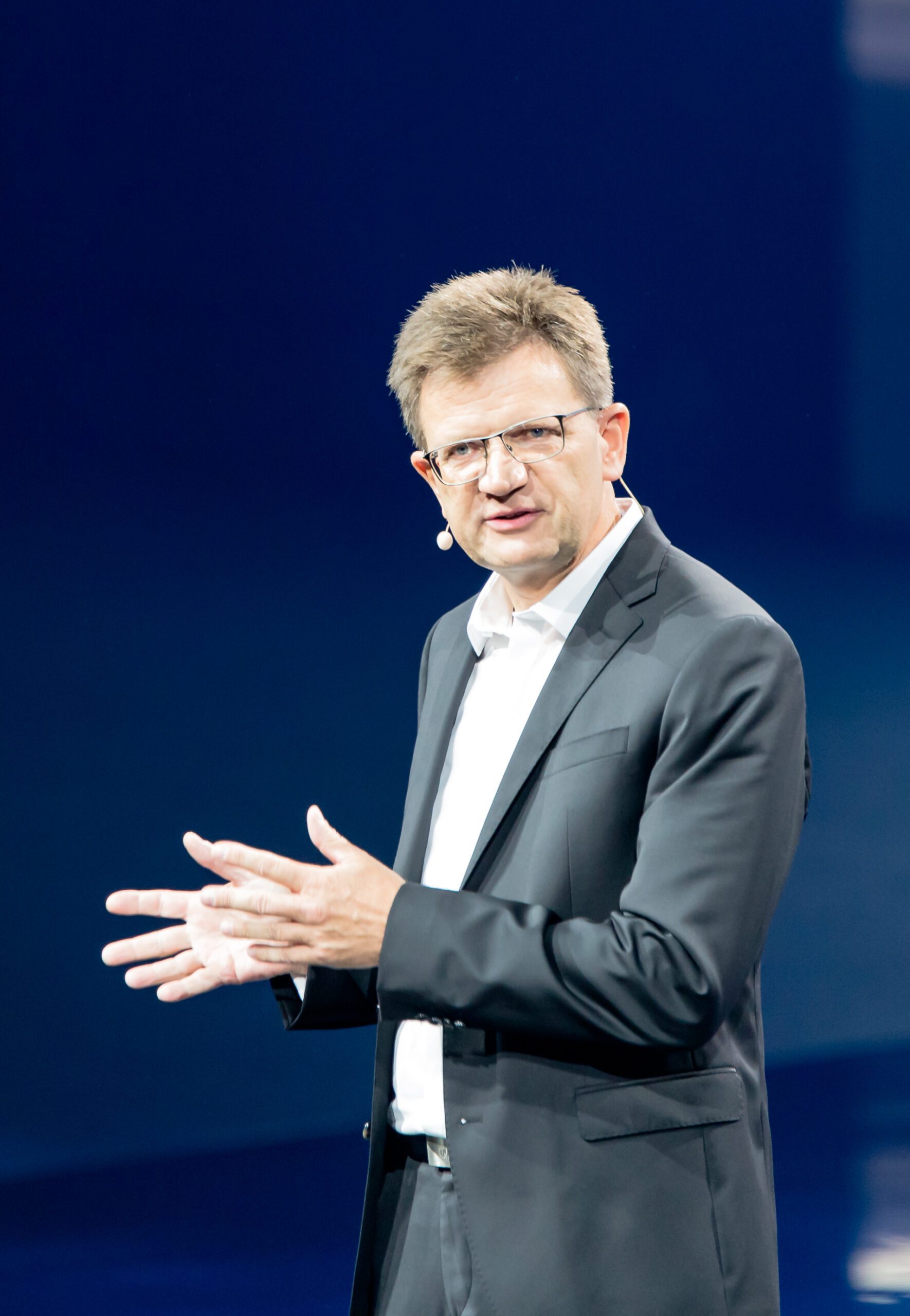With the continuing advances in electric vehicles (EVs), it comes as no surprise that some manufacturers decide it is a good idea to work together. What is a surprise, however, is that BMW and Jaguar Land Rover (JLR) are the latest to announce plans that they will be teaming up to develop “electric motors, transmissions, and power electronics as part of an effort to reduce costs.” This comes almost two decades after BMW sold Rover Cars to a venture firm in the UK, which was not well-received by many back then. Nevertheless, it appears the two companies have patched up their relationship and are willing to dive into the EV industry together.
When the two auto manufacturers initially announced they would be working together, it was expected to just be collaboration on electric powertrains; however, Greg Kable of Autocar reported that BMW is also set to “supply Jaguar Land Rover with internal combustion engines, including in-line four- and six-cylinder units both with and without electrically-assisted hybrid functions.”
 According to BMW board member Klaus Fröhlich, JLR is “a partner whose requirements for the future generation of electric drive units significantly match ours.”
According to BMW board member Klaus Fröhlich, JLR is “a partner whose requirements for the future generation of electric drive units significantly match ours.”
Jay Traugott of CarBuzz reported that the partnership is interesting because, if it works out as the companies have planned, JLR vehicles may actually come equipped with BMW engines and, as a benefit to BMW, the deal “safeguards existing research and development investments and production operations for these engines by adding volume.” JLR has been aiming to scale back on its gasoline and diesel drivelines and get more into the EV arena, whereas BMW could use the benefits of a partnership for R&D and engineering.
JLR is preparing to release its electric XJ sedan and BMW plans on electrifying its i3 and i8 models in the next couple of years. The partnership between the two aims to save each company money while creating sustainable, attractive vehicles. JLR has been having financial issues lately and has already cut 1,500 employees with plans to cut 4,500 more, but the hope is that the partnership might save some jobs and a lot of money.
Although there are many benefits to EVs, a downfall is the increasing production price. Batteries are expensive and there may be a future shortage of lithium, cobalt, and nickel supplies that could increase the price of EVs and therefore put more pressure on manufacturers and consumers. Automakers are realizing that the short supply and high price of batteries could easily take a toll on their finances and are continuing to find ways to cut costs without having quality suffer, which includes opening the possibility for new partnerships and teamwork.
Countless corporations have been trying to get involved in the EV industry throughout the past few years due to the increasing popularity and production of them. In fact, The Driven reported that “there will be 21 million electric vehicles on the road globally” by 2030 and the article also referenced a study released by Deloitte that found that “joint ventures and partnerships may shape the auto market of the future.” Therefore, the BMW and JLR partnership is just one example of how auto corporations who want to stay relevant in the EV industry may need to set aside past breakups and work together.








